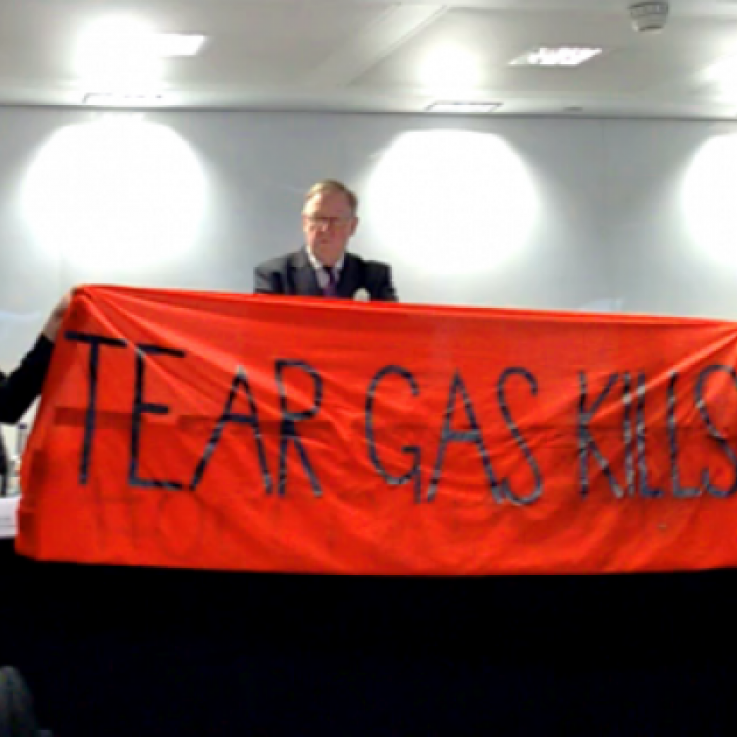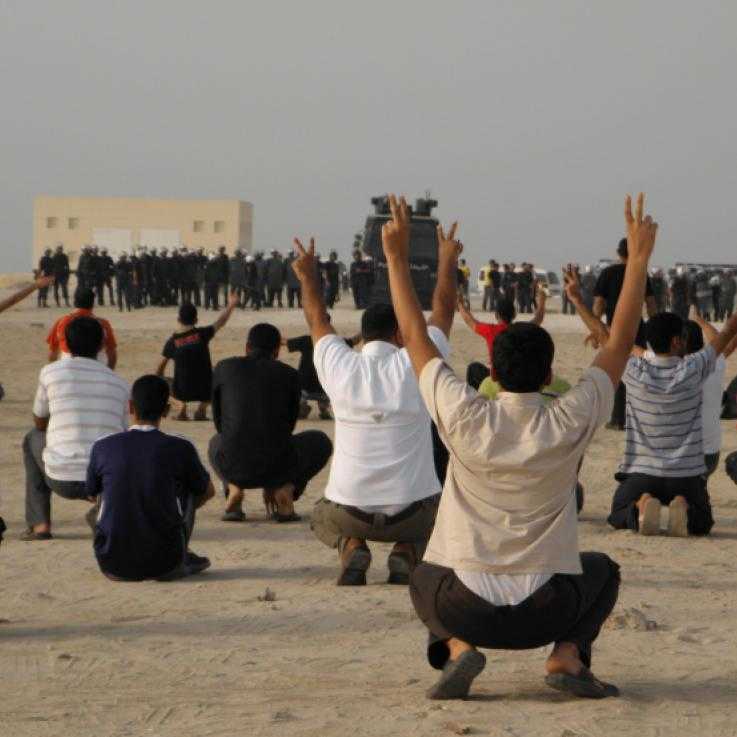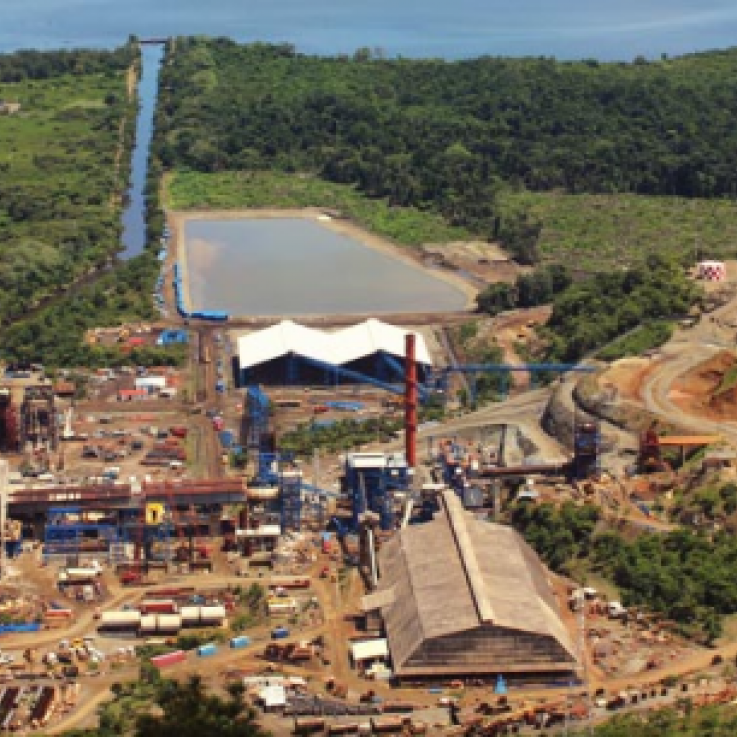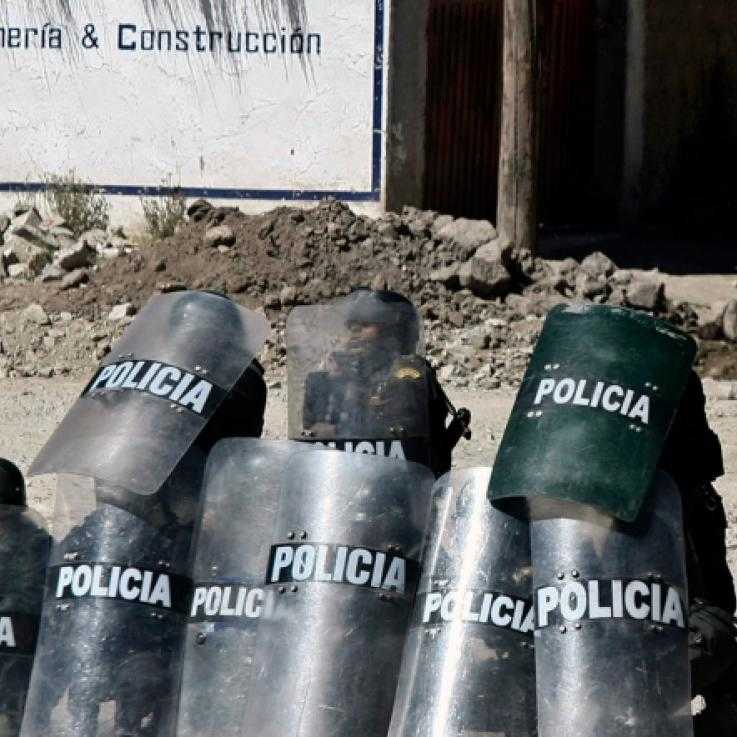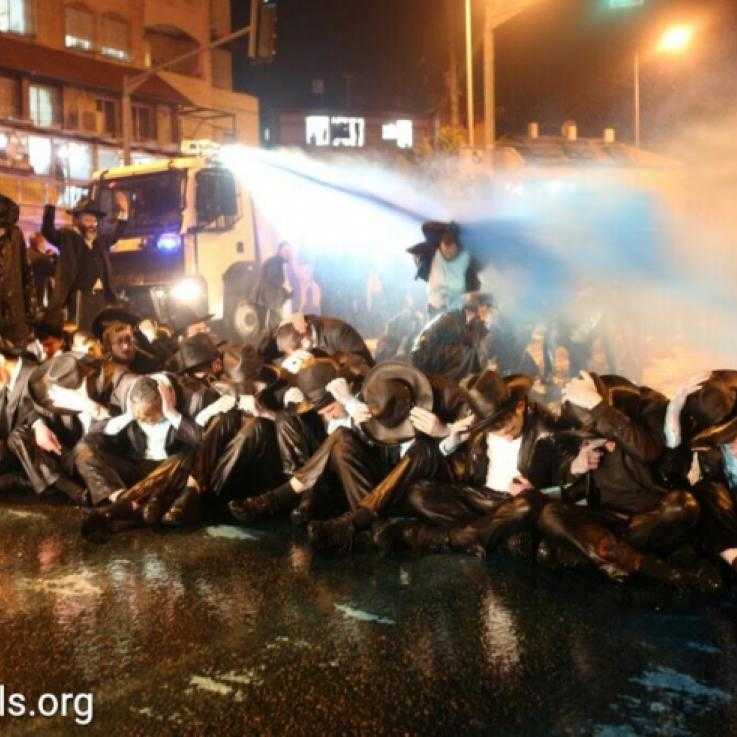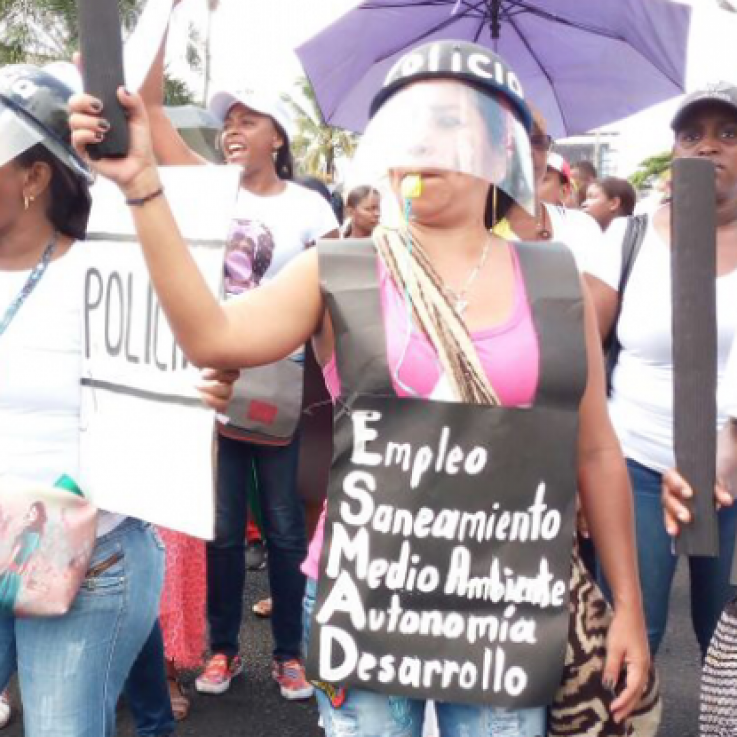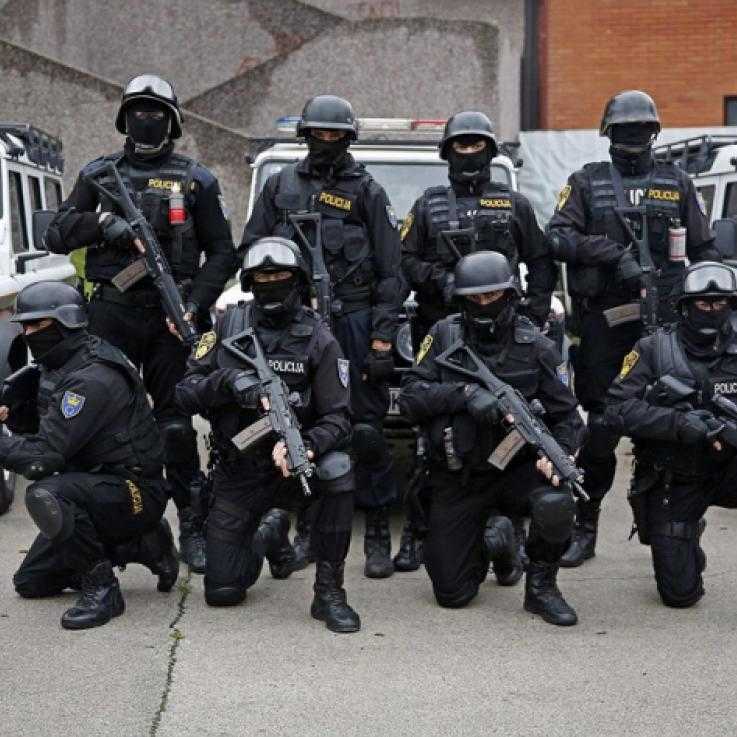Who profits?
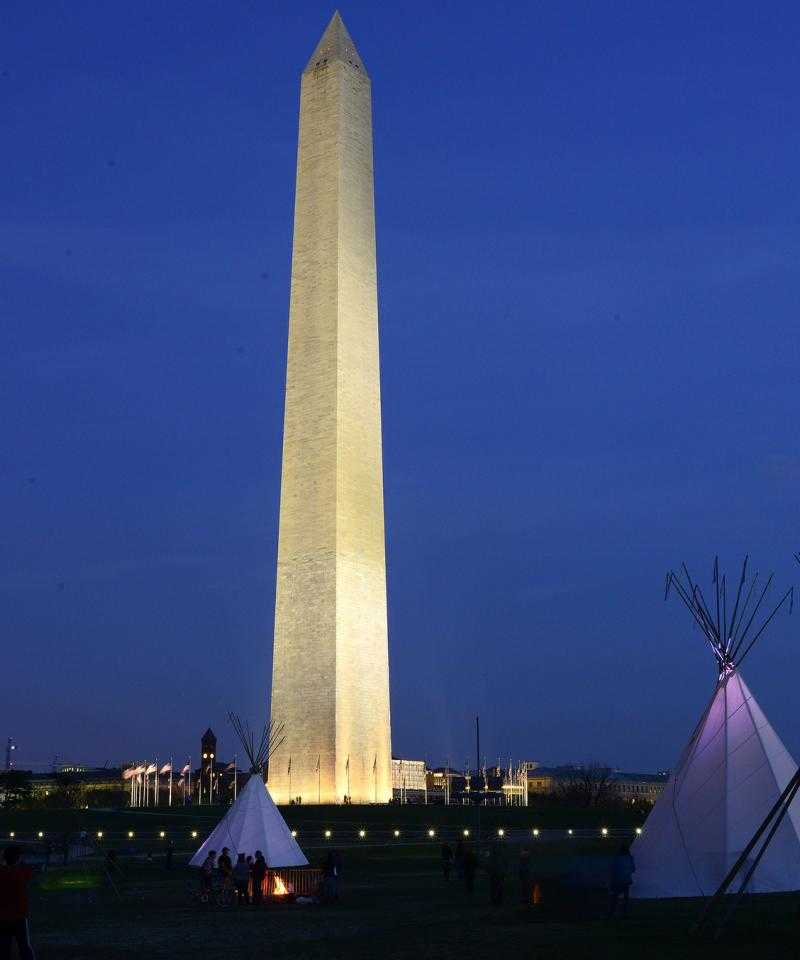
Militarised policing works in favour of those who are already powerful. As in Bahrain, it is used to quell dissent and crush protest. It keeps those lower down the social order in their place. Gizele Martins describes how when the favelas of Rio de Janiero were occupied by the army in 2014 and 2015, one soldier was sent in for every fifty-five inhabitants. The state, which had never seen fit to provide the same ratio of teachers or doctors, was willing to spend vast sums of money to maintain its control. It maintains colonial occupations such as the occupation of Palestine by Israel or West Papua by Indonesia. Militarised policing protects the interests of the capitalist, imperialist elite: their financial institutions and sites of power, their factories and shops and the mines, quarries and pipelines that they use to extract natural resources that do not belong to them from land that is not theirs. It protects their ability to exploit and harm the environment and profit from the labour of others.
Sandra Hargreaves of WoMin, a regional alliance of African women that organises in extractives-impacted communities and regions, observes that “militarisation and securitisation sit hand in glove with the extractive industries… violence is intrinsic to and inseparable from the extractive industries and extractivism as a development model” (Hargreaves, 2016). Escobal silver mine in Guatemala was met with community opposition from the outset. Tahoe Resources – the Canadian company that owns the mine – hired companies set up and run by veterans of the U.S. military and the Israeli Special Forces to develop a security strategy and administer security. In April 2013, security guards shot at a group of men holding a protest at the entrance of the mine, injuring at least ten, and shortly afterwards a month-long state of siege was declared by the Guatemalan government who brought in over three thousand police and soldiers to the area, targeting community activists with house raids and arrests (War Profiteer of the Month: Tahoe Resources, 2016).
Militarised policing also directly benefits those who profit from the provision of privatised security services and the sale of militarised equipment and training to police forces around the world. The homeland security industry has grown at 5% annually since 2008 despite a worldwide recession (Buxton and Hayes, 2016). The border security market “is booming”, predicted to rise from 15 billion euros in Europe in 2015 to 29 billion euros by 2022. Many of the beneficiaries of border security contracts are “some of the biggest arms sellers to the Middle-East and North-Africa, fuelling the conflicts in the region that have led refugees to flee their homes”. The potential for the untapped profit to be made from fighting a low-intensity war with no end is a push factor in the ongoing militarisation of policing. Arms companies such as Thales, Finmeccanica and Airbus have successfully lobbied the European Union (through the European Organisation for Security) in to pursuing a more militaristic border security agenda with the creation of the European Border and Coastguard Agency being a notable result (Border Wars, 2016).
Some sectors of society benefit from militarised policing more than others. These are white or otherwise racially dominant and non-marginalised groups. Unlikely to suffer directly from its negative effects, they feel protected at the expense of others and are often supportive of the process of militarisation. The desire to live in security is innate in all human beings and the narrative of a need for better security is a hard one to counter. “The idea that the world is a dangerous place” is one which “makes militarism seem reasonable” (Enloe, 2016). A constant narrative of threat propels a ceaseless quest for the elusive goal of ‘security’ and an increasingly militarised police force holds out the attractive promise of an easy and reassuring solution. The question of what security actually means is obscured. Instead of being repelled by the creeping militarisation on their streets, fear is used by the powerful elites to gain popular consent for the augmentation of their means of violent control. Communities, with their fears and suspicions nurtured, are divided and turn on each other instead of challenging the power of the elite. Ultimately, the elite profit whilst the majority are condemned to living in an increasingly violent, paranoid and divided world.
